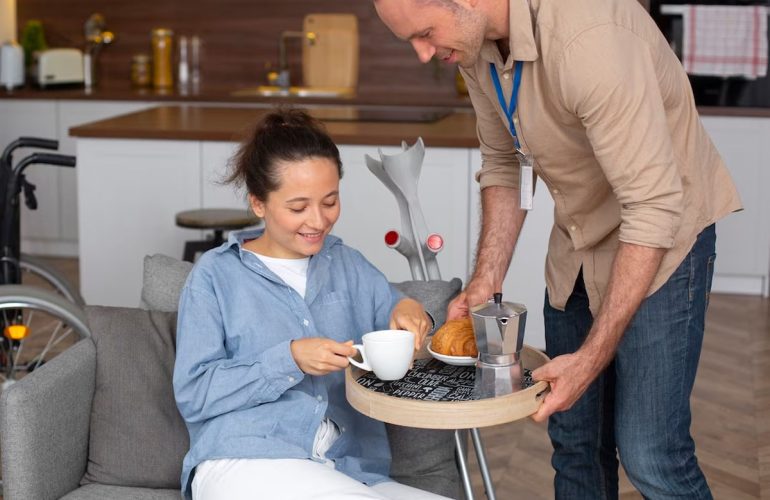Palliative Care and End of Life Care
However, end of life and palliative care is not just for people nearing the end of their lives. If you have a life-limiting or chronic ongoing illness you can receive end of life and palliative care, regardless of your age, culture, background or beliefs.










